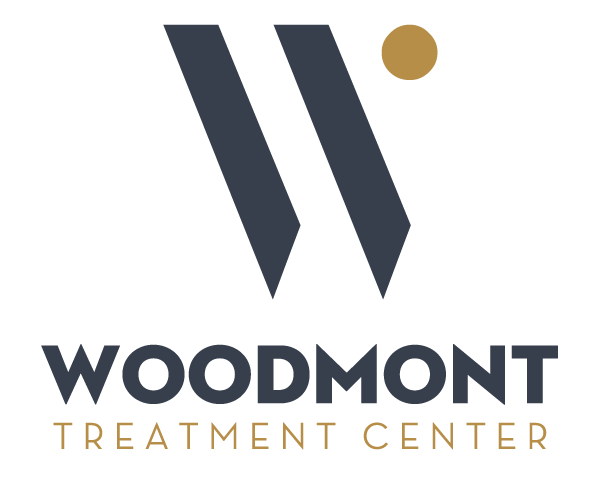At Woodmont Treatment Center of New Jersey, we understand that completing a rehab program represents a monumental achievement. It embodies perseverance, courage, and an unwavering commitment to transformation. However, the journey to lasting recovery does not end upon leaving our luxurious and serene facilities, and there are many valuable tips for life after rehab that can guide those in early recovery. Post-rehab life presents new challenges, where the objective shifts from achieving sobriety to maintaining it.
Avoiding relapse requires continuous dedication, strategic planning, and profound self-awareness. At Woodmont, we are committed to equipping you with the tools and knowledge necessary to build a strong foundation for a life free from addiction. Below, we provide essential tips to help you navigate this crucial phase with confidence and resilience.
1. Develop a Comprehensive Aftercare Plan
Our tips for life after rehab begin with developing a comprehensive aftercare plan. An effective aftercare plan is indispensable for a successful transition from rehab to daily life. This plan must address various aspects of life, encompassing emotional, physical, and mental health. Engage with your therapists and counselors to create a tailored aftercare plan that integrates outpatient treatment options, regular therapy sessions, support group meetings, and healthy lifestyle choices. Armed with this roadmap, you can anticipate challenges and have predetermined solutions ready at your disposal.
2. Stay Connected to Your Support Network
Your support network remains a critical component of maintaining sobriety. It includes family members, friends, therapists, and support group members. Regular communication with these individuals offers emotional validation, accountability, and encouragement. Consistently attend support group meetings to engage with others who understand your journey. Building strong, supportive relationships ensures you do not face challenges alone, providing a sustaining source of strength and motivation.
3. Engage in Continuous Therapy
Ongoing therapy remains pivotal to managing stressors and underlying issues that may contribute to relapse. Cognitive Behavioral Therapy (CBT), in particular, is highly effective in identifying and altering negative thought patterns. Regular therapy sessions help sustain the emotional and behavioral adjustments you initiated during rehab, offering continued guidance and reassurance. At Woodmont, we offer an array of therapeutic services to support your ongoing recovery journey.
4. Establish a Routine
Structure and routine possess transformative power in the battle against addiction. A predictable daily schedule minimizes the likelihood of encountering idle time, which can lead to temptation. Prioritize activities that promote physical and mental well-being, such as regular exercise, balanced meals, sufficient sleep, and mindfulness practices. Incorporating hobbies and creative pursuits can also offer constructive outlets for stress relief and personal enjoyment.
5. Identify and Avoid Triggers
A keen understanding of your triggers is essential in relapse prevention. Triggers can be environmental, emotional, or social. Identify situations, places, or people that may prompt cravings and develop strategies to avoid or manage these triggers. Creating a proactive plan fortifies your ability to navigate potentially hazardous scenarios without compromising your sobriety. Our staff at Woodmont can guide you through this identification and planning process, ensuring personalized, effective strategies.
6. Practice Mindfulness and Stress Management
Recovery demands a holistic approach where mental and physical health are intertwined. Mindfulness practices, such as meditation, yoga, and deep-breathing exercises, enhance emotional regulation and stress management. These practices build resilience, enabling you to maintain calm and clarity in the face of stressors that might otherwise lead to relapse. At Woodmont, we incorporate mindfulness practices within our aftercare programs to fortify your recovery journey.
7. Pursue Personal Growth Goals
Personal growth goals cultivate a sense of purpose and direction in life post-rehab. Whether pursuing educational opportunities, advancing in your career, or engaging in volunteer work, setting and achieving goals boosts self-esteem and instills a sense of accomplishment. These endeavors distract from temptations and contribute to a fulfilling, substance-free lifestyle. Our expert staff at Woodmont can help align your aspirations with actionable steps, fostering an empowering sense of progress.
8. Regularly Evaluate Your Progress
One of our key tips for life after rehab is the continual self-assessment is crucial to recognizing areas for improvement and celebrating milestones. Keeping a recovery journal, tracking your progress, and regularly reviewing your goals allow for introspection and course correction. Celebrate each achievement, no matter how small, as these victories cumulatively build the foundation for sustained sobriety.
9. Lean on Professional Support When Needed
Recognize that seeking help is a sign of strength, not weakness. Should you encounter challenges that feel insurmountable, professional support remains available. Reach out to Woodmont Treatment Center or other trusted professionals for guidance, intervention, or additional resources. Knowing when to seek help and taking actionable steps to secure it reinforces your commitment to a sober life.
Follow Our Tips for Life After Rehab and Contact Us for Comprehensive Addiction Treatment
At Woodmont Treatment Center of New Jersey, we are more than a rehab facility—we are your partners in the profound journey of recovery. Our commitment to evidence-based, personalized care ensures you receive continual support through all phases of your transformation.
If you or a loved one is grappling with the challenges of addiction, we encourage you to contact Woodmont Treatment Center today. Our serene environment, experienced staff, and state-of-the-art treatments provide a beacon of hope and a pathway to lasting recovery.
Take the first step toward a brighter, healthier future. Contact Woodmont Treatment Center now and let us guide you to the life-changing experience of sustained sobriety.


























